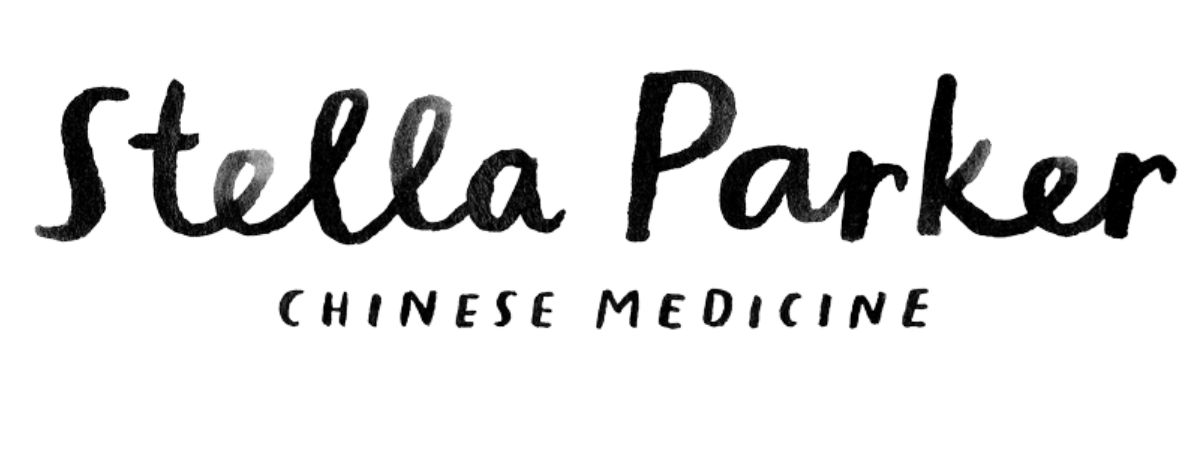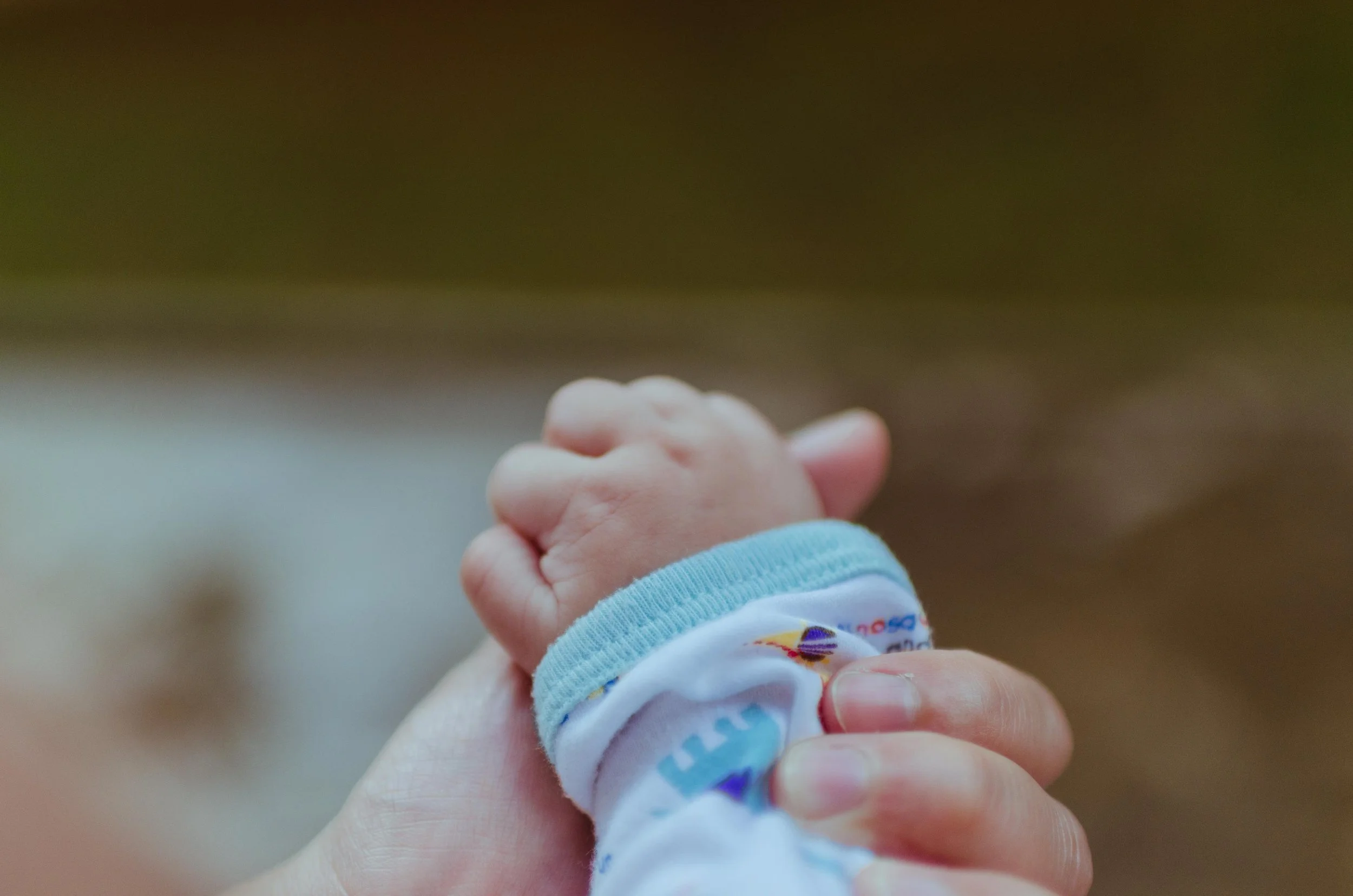“Your body definitely doesn’t feel like your own in the early days and weeks after birth. In fact, it took me 2 years for my body to feel a little like my own again.”
In the sea of things I was told about parenting and motherhood, without a doubt this nugget was one of the best. Honestly.
We of course expect recovery to take time - despite this modern pressure to bounce back in so many ways. We understand that pregnancy (let alone childbirth) is a significant physical and emotional event! We logically get that pregnancy takes 9 months, so it will take at least that long for full recovery (I mean, your body did just grow a human, and a whole new organ - the placenta!).
Yet still so many of us expect that at 6 weeks we’ll be well on the road to ‘normal’ again. And while we may have our 6 week GP check at this time, in so many cases this is not enough; It’s a visit to flag issues - any infections? Any referrals needed? How’s the mental health? So please, mums, know that no one expects you to be anything near ‘normal’ (I mean seriously, what is that??) at this time.
Chinese Medicine (CM) fully acknowledges that the postpartum period can last for up to a year, and it is essential to care for the mum’s physical and emotional health during this time. Here are some things to consider about the postpartum period and recovery:
Physical Recovery
The physical recovery after childbirth is complex and ongoing - the uterus can take approximately 6 weeks to return to its pre-pregnancy size, but it can take much longer for the ligaments and muscles to fully recover. There’s also a host of pelvic floor and abdominal separation issues that may also need attention and support, of which acupuncture may help.
In CM, this postpartum period is seen as a time of blood deficiency, which means that the body is depleted of blood and energy after childbirth. It is essential to nourish the body with good, nutrient-dense foods, allll the hydration, and loads of rest to support physical recovery at this stage.
Breastfeeding
Adding breastfeeding to the mix? If so, it’s a good reminder that this can also be an intense physical and emotional experience, that may take time for both mum and bub to get established. On a nutritional level, a breastfeeding woman’s daily nutrient requirement is at a level even higher than during pregnancy. This daily requirement can be a challenge to meet without supplementation, resulting in more depletion.
Emotions
Yep, it’s an intense time! 1 in 5 Australian mums will experience PPD (postpartum depression) with symptoms often (but not always) expressing by their 3rd week, and while obviously many GP’s are on the lookout for this, so many go undiagnosed and unsupported. In CM, this time is all about caring for the shen, or the spirit, during this time. This can involve supportive practices like meditation, acupuncture, and herbal medicine.
Support
I’ve said it before and I’ll say it (over and over) again - recovery from pregnancy and childbirth is not a journey that should be undertaken alone. Motherhood is not something to be done without a village. It is essential to have a support network in place, including partners, family members, and healthcare professionals. Now I get it - we don’t all have a village (which is why I love being part of yours!) - so have a read here if you need tips on how to build yours.
In CM, there is also an emphasis on the role of mum being taken care of in the postpartum golden month, maybe by a family member or a doula, just someone there to do all the things…. provide practical and emotional support to the new mother during the postpartum period (from feeding the mum, to cleaning, to house tidying).
The recovery from pregnancy and childbirth is neither a quick or straightforward process, and gathering your village around you plus having realistic expectations can make the world of difference. What are some of the ways that you’ve looked out for yourself during the years after birth?
Sources:
- Health Direct. (2022, July). Postnatal Depression. https://www.healthdirect.gov.au/postnatal- depression
- Betts, D. (2018). The Essential Guide to Acupuncture in Pregnancy & Childbirth. Hove, UK: Journal of Chinese Medicine Publications.
- Zhu, J., Arsovska, B., Kozovska, K., Trajanovska, M., & Ge, S. (2019). Acupuncture treatment in postpartum pelvic floor dysfunction: a systematic review of randomized controlled trials. Complementary Therapies in Medicine, 42, 195-203. https://doi.org/10.1016/j.ctim.2018.11.017
- Cheung, N. F. H. (2018). Postpartum care in traditional Chinese medicine. American Journal of Obstetrics and Gynecology, 219(4), 345-349.

